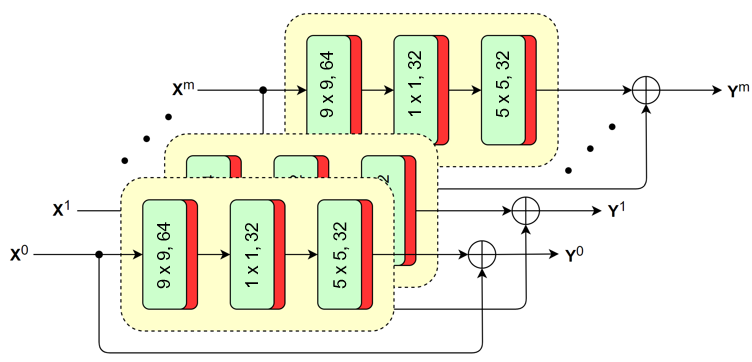Improved CNN-based Learning of Interpolation Filters for Low-Complexity Inter Prediction in Video Coding
The versatility of recent machine learning approaches makes them ideal for improvement of next generation video compression solutions. Unfortunately, these approaches typically bring significant increases in computational complexity and are difficult to interpret into explainable models, affecting their potential for implementation within practical video coding applications. This paper introduces a novel explainable neural network-based inter-prediction scheme, to improve the interpolation of reference samples needed for fractional precision motion compensation. The approach requires a single neural network to be trained from which a full quarter-pixel interpolation filter set is derived, as the network is easily interpretable due to its linear structure. A novel training framework enables each network branch to resemble a specific fractional shift. This practical solution makes it very efficient to use alongside conventional video coding schemes. When implemented in the context of the state-of-the-art Versatile Video Coding (VVC) test model, 0.77%, 1.27% and 2.25% BD-rate savings can be achieved on average for lower resolution sequences under the random access, low-delay B and low-delay P configurations, respectively, while the complexity of the learned interpolation schemes is significantly reduced compared to the interpolation with full CNNs.
PDF Abstract

